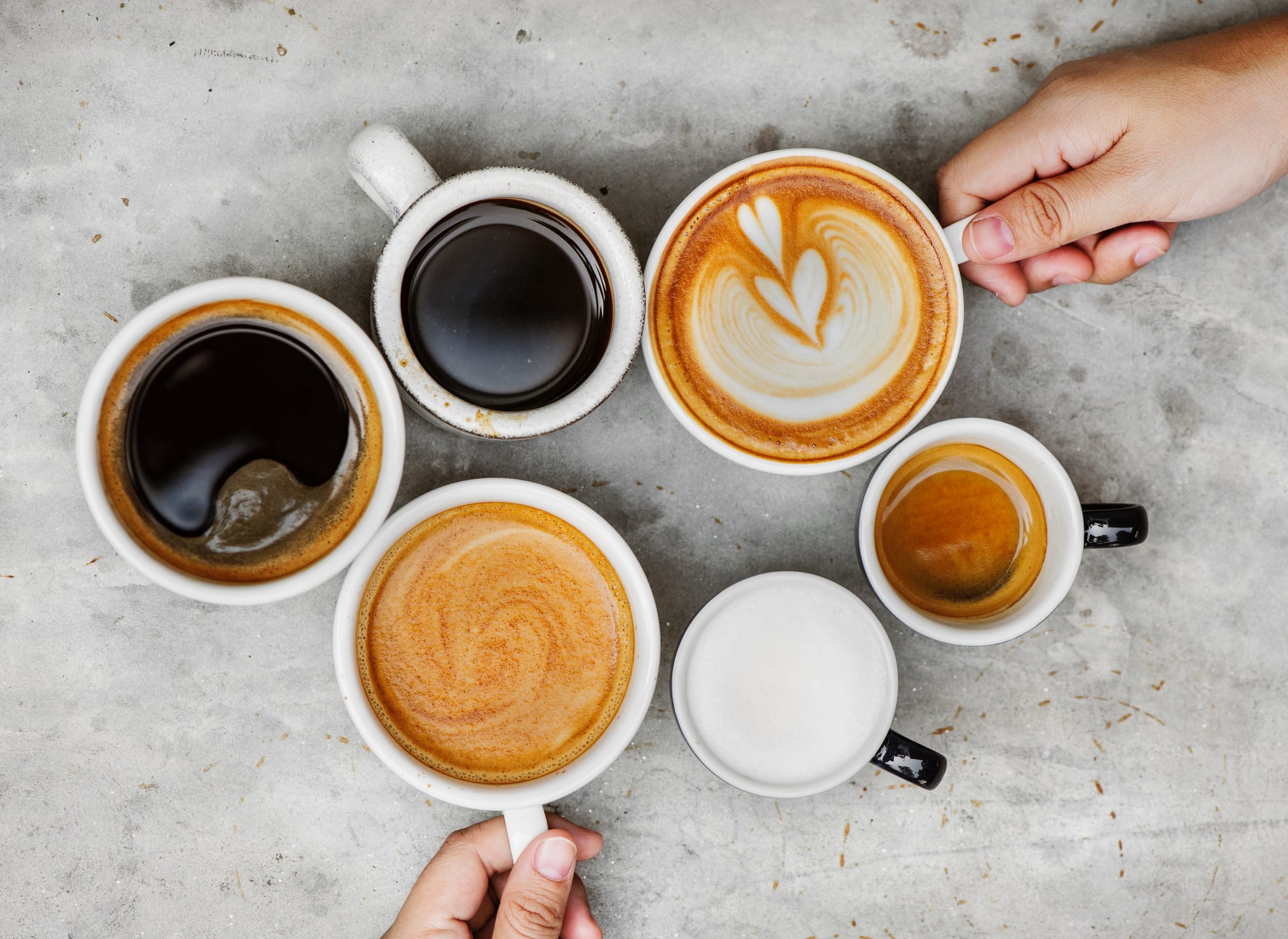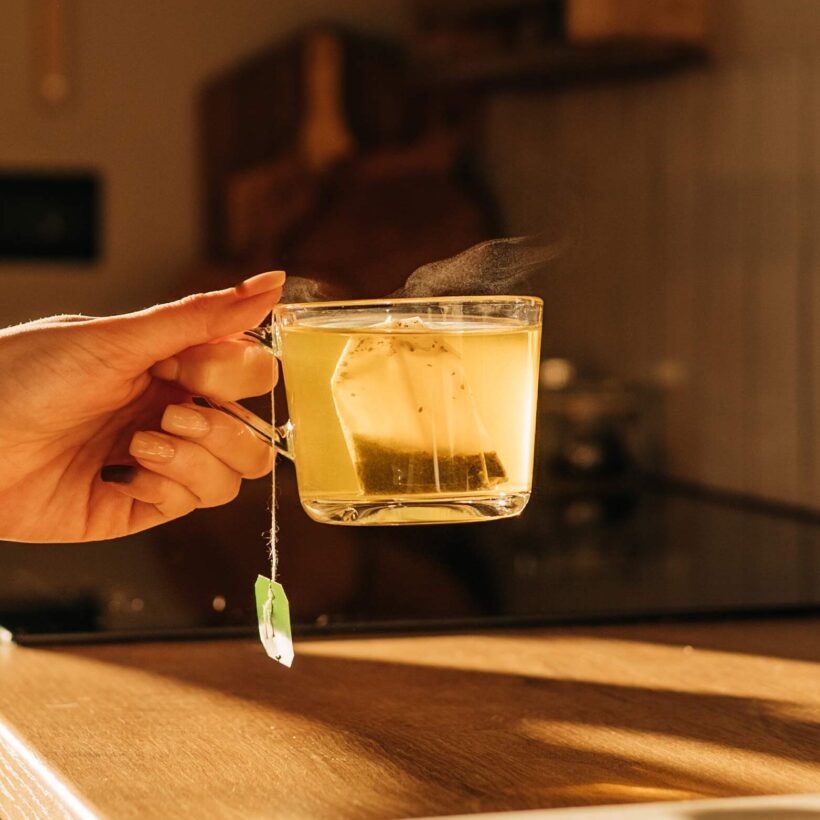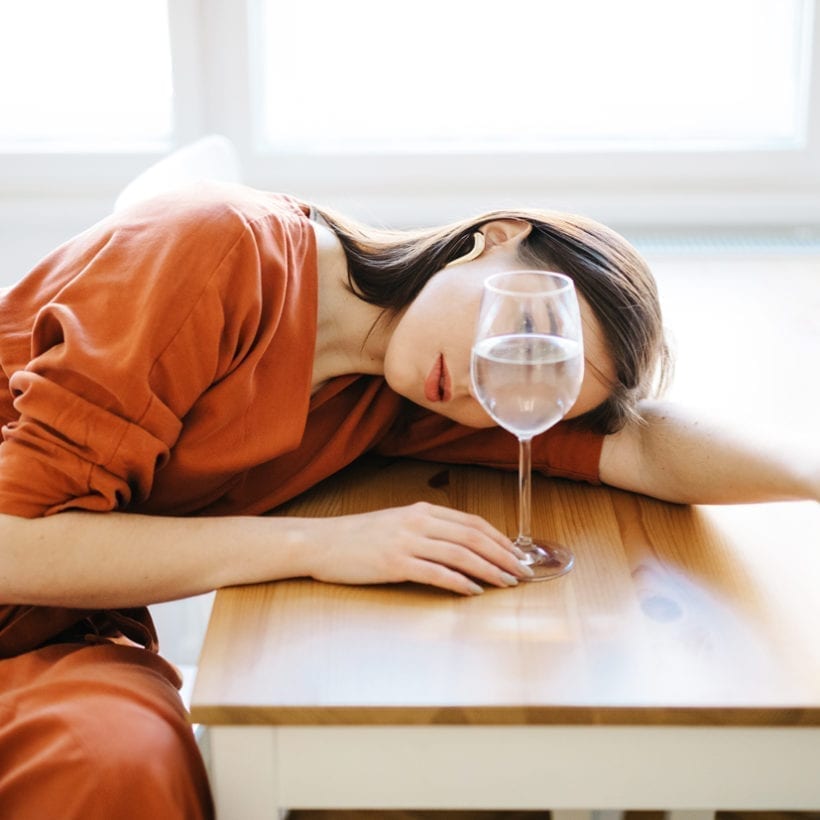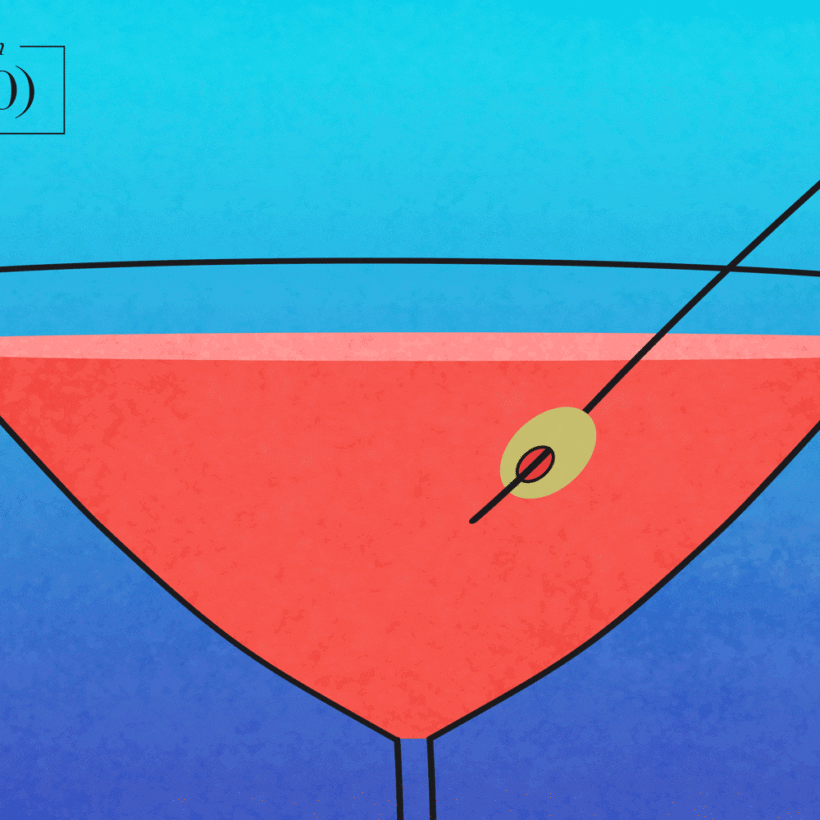A morning cup of coffee. The 3 p.m. tea pick-me-up. A shot of post-dinner espresso.
If you rely on caffeine (which is a natural and legal stimulant) to keep you going, you’re definitely not alone. Now that many of us are working from home as the new normal, a quick press of your Keurig machine is even more tempting to get through the day. Caffeine certainly has its, well, perks, but if it seems like your body relies on it to function, it might be time for you to think about whether or not you’re consuming too much.
You know your usual suspects for getting your caffeine boost, but you might be surprised just how much some of your food, drinks and even medications really contain.
You’ll always be able to find this information on the ingredient label, but here’s a general rundown on some of the top culprits of caffeine:
- Energy drinks can contain up to 242 milligrams of caffeine per serving
- Migraine medicine can contain up to 200 milligrams per capsule
- Black tea typically has the most caffeine (60-90 milligrams) compared to white (30-55 milligrams) or green tea (35-70 milligrams) since it has a longer steeping process
- Espresso has about 80 milligrams per two ounces
- Matcha tea has around 70 milligrams of caffeine per cup
- Coffee has anywhere between 70-140 milligrams, depending on how it’s brewed and the type of beans you use
- Soda, depending on the brand, has up to 71 milligrams of caffeine
- Coffee ice cream can have 45-85 milligrams per cup
- Chai may have around 25 milligrams of caffeine
- Kombucha contains 15 milligrams per serving
- Dark chocolate has varying amounts of caffeine depending on how much cacao is in it—about 23 milligrams per ounce (milk chocolate has about 4 milligrams per ounce)
Do decaffeinated drinks contain caffeine?
Despite popular belief, decaf tea and coffee still contain a small amount of caffeine (around 7 milligrams per cup). If you’re very sensitive to caffeine, drinking decaf isn’t always a safe bet.
What are the health benefits?
Caffeine will make you more alert — giving you the ability to concentrate better and perhaps improve your performance.
In addition to the coffee is one of the biggest sources of antioxidants, B vitamins (specifically B2, B3, and B5), magnesium, potassium are just a few of the other beneficial nutrients that come from coffee and tea, according to research by nutritionist Lisa Richards. This doesn’t mean you can rely on coffee and tea alone to complete your daily nutritional requirements, of course, but it’s good to know that you’re not simply drinking colored/flavored water.
Are there any side effects?
The most common negative effect is caffeine’s impact on your sleep and your body’s natural circadian rhythm. To help avoid disturbances to your sleep, try to nix caffeine after 3 p.m. Some people think that they can be more productive if they replace sleep with caffeine, but it shouldn’t be considered a substitute.
One study found that having caffeine six hours before you go to bed reduced your overall sleep by an hour.
Caffeine can also have a mild diuretic effect — meaning it makes you urinate more — possibly because it’s increasing the blood flow to your kidneys. That’s why you might think caffeine is dehydrating, but you actually don’t lose more fluid through urine than you take in by drinking a caffeinated beverage.
What’s the recommended amount of caffeine to consume?
Caffeine really affects everyone differently. Some people can have an espresso at night and sleep like a dream. Others feel jittery after just a sip of an energy drink. The “right” amount for you depends on how much you consume, your tolerance or sensitivity for caffeine (this can be genetic), the other medications that you’re taking and your overall weight and health. If you’re pregnant, you want to limit your caffeine intake to 200 milligrams a day or less since it may increase health risks for your baby (like low birth weight). The same goes if you’re breastfeeding, as small amounts can transfer into your baby’s breast milk. Children should avoid any caffeine, especially since many caffeinated drinks, like soda, are empty calories.
If you’re in good standing health, the FDA says that 400 milligrams a day (about four or five cups of coffee) don’t generally have any negative side effects. It sounds like a lot, but it equates to just two grande drinks at Starbucks.

What happens when you drink too much caffeine?
Your doctor will be the best person to determine if any symptoms you’re feeling are because of a caffeine overdose. Drinking too much caffeine can do the following:
- Create an upset tummy, especially if you’re having caffeine on an empty stomach
- Increase your heart rate (since it’s a stimulant)
- Cause insomnia, particularly if you drink it later in the day
- Increase nervousness or anxiety
- Spike your blood sugar and cortisol levels
- Seizures (but in truly high amounts — about 1,200 milligrams — according to the FDA)
What are caffeine alternatives?
If you’re currently above the recommended daily maximum and wish to cut back (or even eliminate) your caffeine intake, you want to make sure you don’t go cold turkey. Just like any other drug, it could lead to annoying (but not typically dangerous) withdrawal symptoms like headaches.
If you drink multiple cups of caffeine a day, try spacing them out and gradually eliminating a cup. If you’re a coffee or tea drinker, you could also try incorporating half-caf brews, working your way down to decaf over time.
Lastly, don’t discount a classic tall glass of water. Dehydration can also be a cause for tiredness, so before you reach for your coffee pot, chug a cold glass of H2O. The cold temperature of your water (drink it with some ice) can also help give you a bit of a refreshing jolt — all while preventing thirst.
We only recommend products we have independently researched, tested, and loved. If you purchase a product found through our links, Sunday Edit may earn an affiliate commission.








